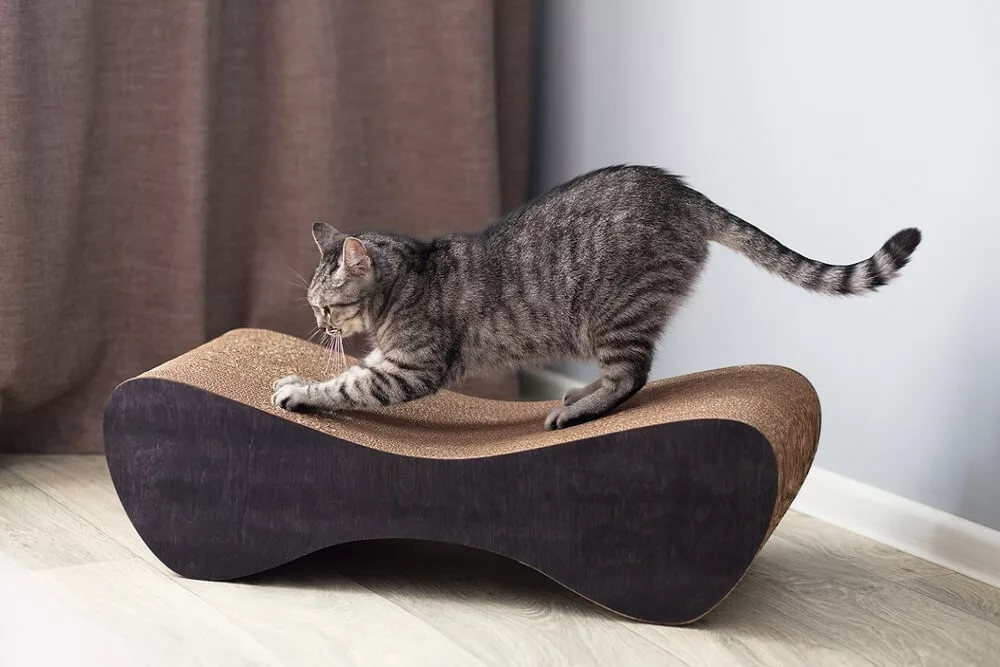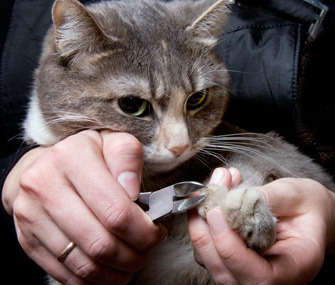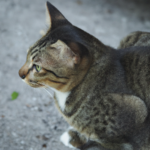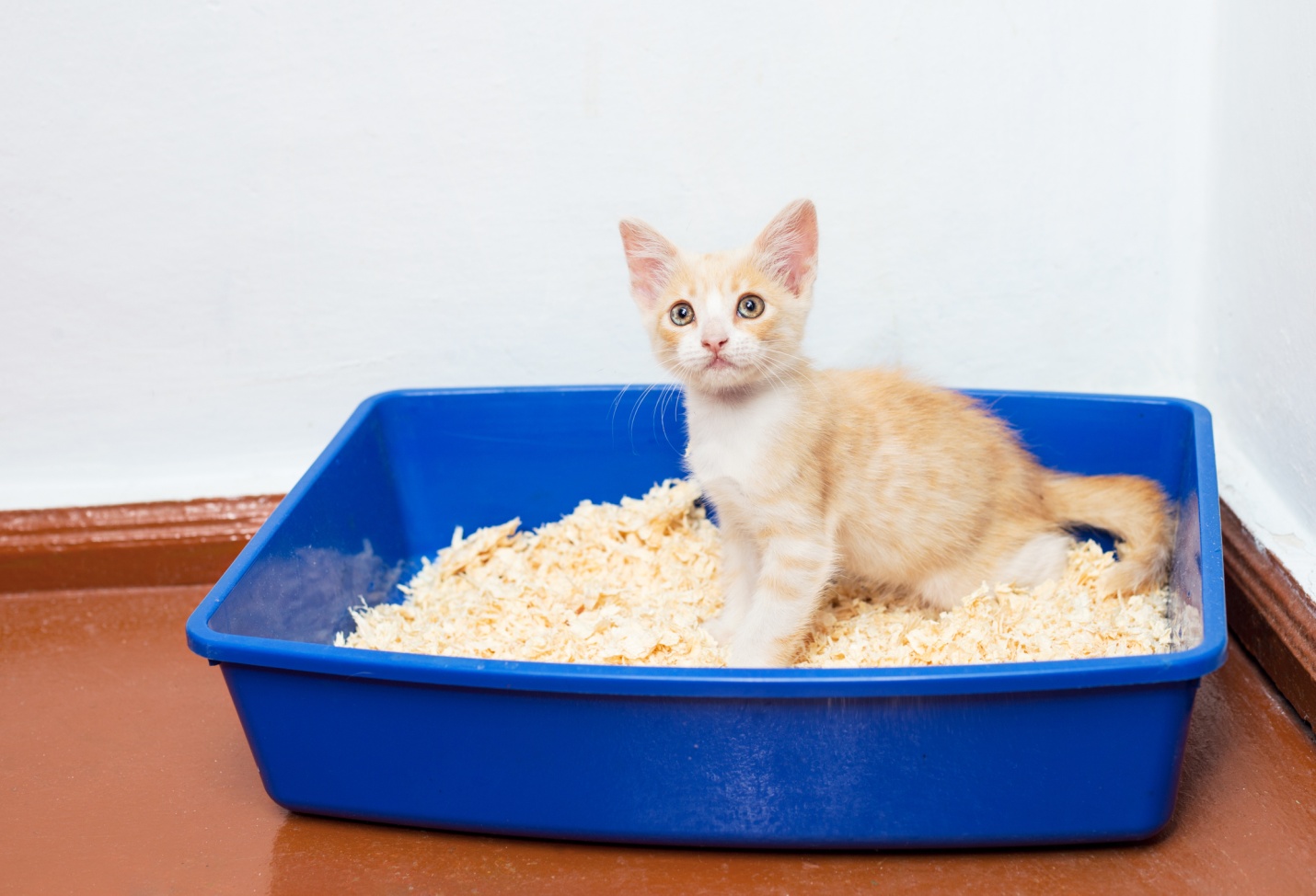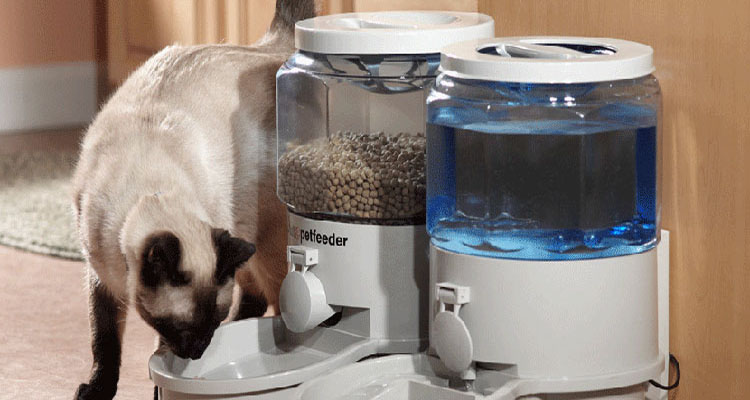If your cat has a sensitive stomach, there are a few things you can do to help alleviate its discomfort. One of the most effective solutions is to switch to a hypoallergenic food for cats. These types of food are specifically formulated to be gentle on the stomach and are often made with easily digestible ingredients. Additionally, they may be free of common allergens such as grain, soy, and dairy. When switching to a hypoallergenic food, it’s important to do so gradually to avoid any upset to your cat’s stomach. Another option to consider is hypoallergenic wet cat food. Wet food is often easier to digest than dry food, and the hypoallergenic options available are free from the most common allergens.

Dietary changes to help soothe a cat’s sensitive stomach
One important consideration is to switch to a limited-ingredient diet, which contains a single protein source and few ingredients. Examples include fish-based or rabbit-based cat food. These diets can help identify and eliminate any potential allergens that may be causing stomach upset. Another option is to switch to a hydrolysed protein diet, which breaks down the proteins into smaller, more easily digestible pieces. This can be particularly helpful for cats with food sensitivities. Additionally, incorporating probiotics and prebiotics into your cat’s diet can help to promote healthy digestion and boost their immune system. Examples of probiotics include live active cultures such as Lactobacillus acidophilus and Bifidobacterium bifidum. Examples of prebiotics include fibre-rich foods such as pumpkin, sweet potatoes, and carrots. Remember to always consult with your vet before making any dietary changes.
Preventing sensitive stomach issues in cats through proper care
Providing your cat with a consistent and balanced diet, with appropriate portions and suitable timing of meals can help to prevent sensitive stomach issues in cats. This will help avoid overeating and avoid any fluctuations in blood sugar levels that can disrupt the stomach. It’s also important to provide your cat with fresh, clean water at all times. Another way to prevent sensitive stomach issues is to keep your cat’s environment clean and free of any potential irritants. This includes regular cleaning of litter boxes, vacuuming, and dusting to reduce the number of allergens in the air. In addition, regular check-ups with your vet can help identify any potential health issues early on. Vaccinations, deworming and regular check-ups can help maintain your cat’s overall health. Furthermore, providing your cat with plenty of mental and physical stimulation through play and interactive toys can help prevent boredom and stress, which can contribute to sensitive stomach issues.

Ruth is all about pet style. She’ll help you and your furry friend turn heads with the latest trends in pet fashion.

